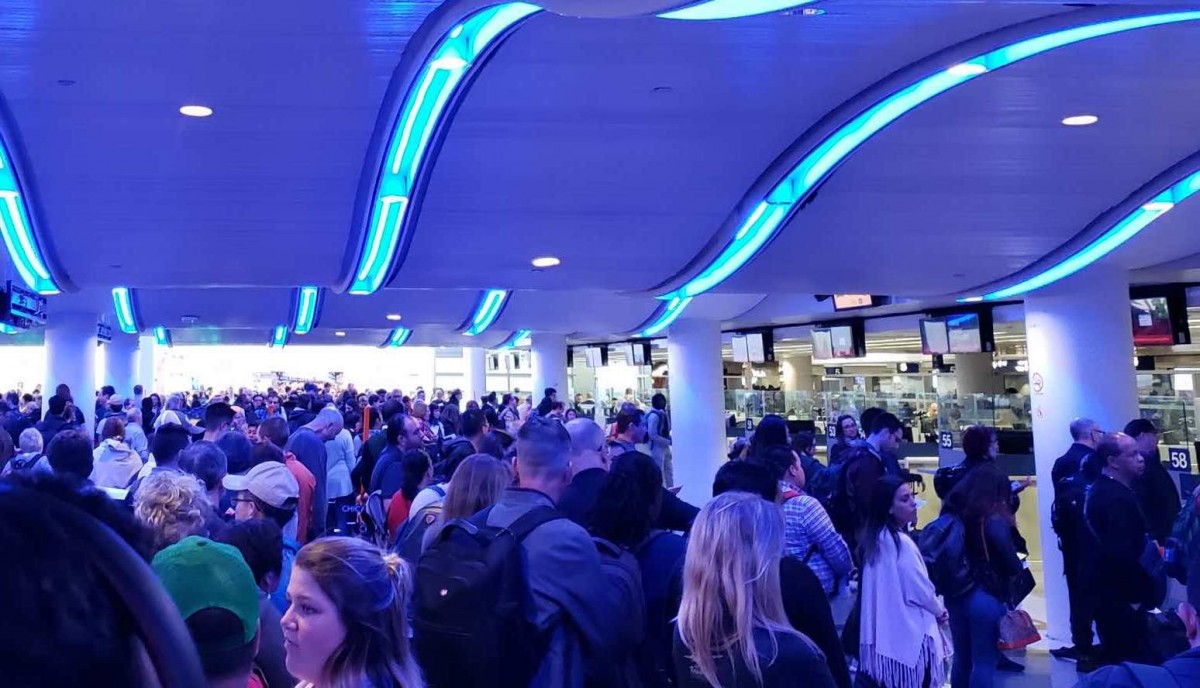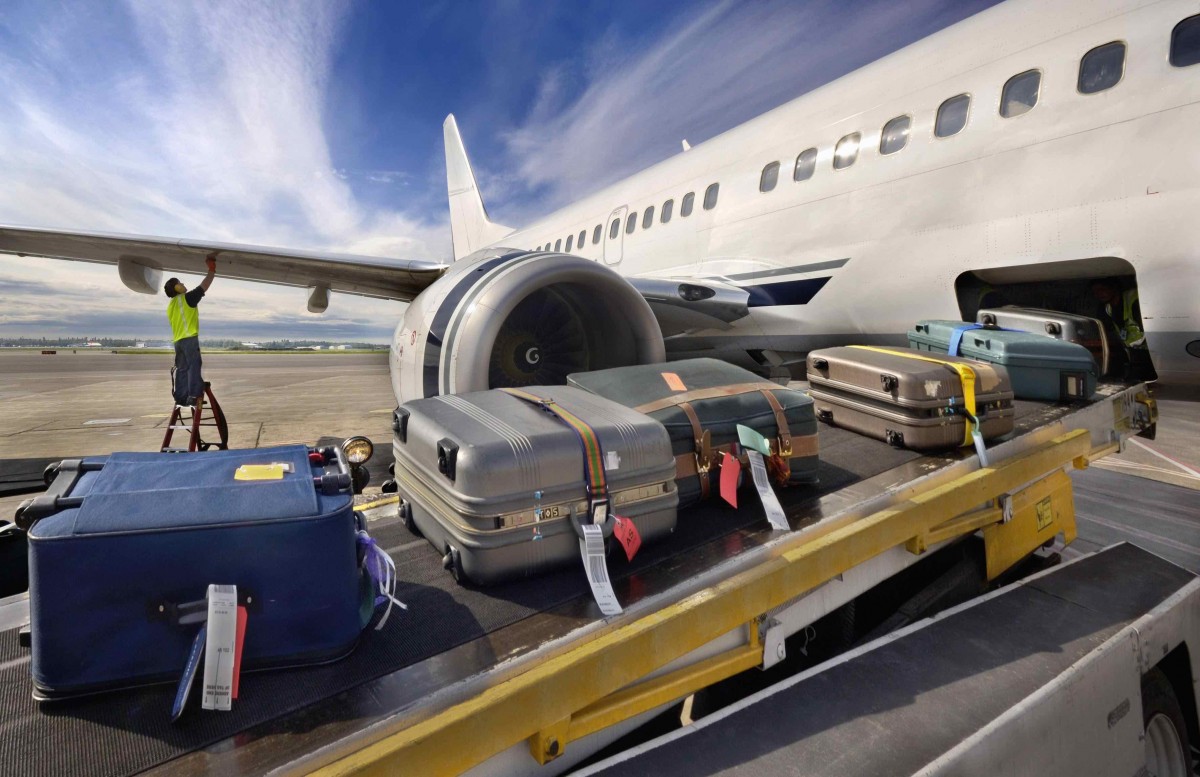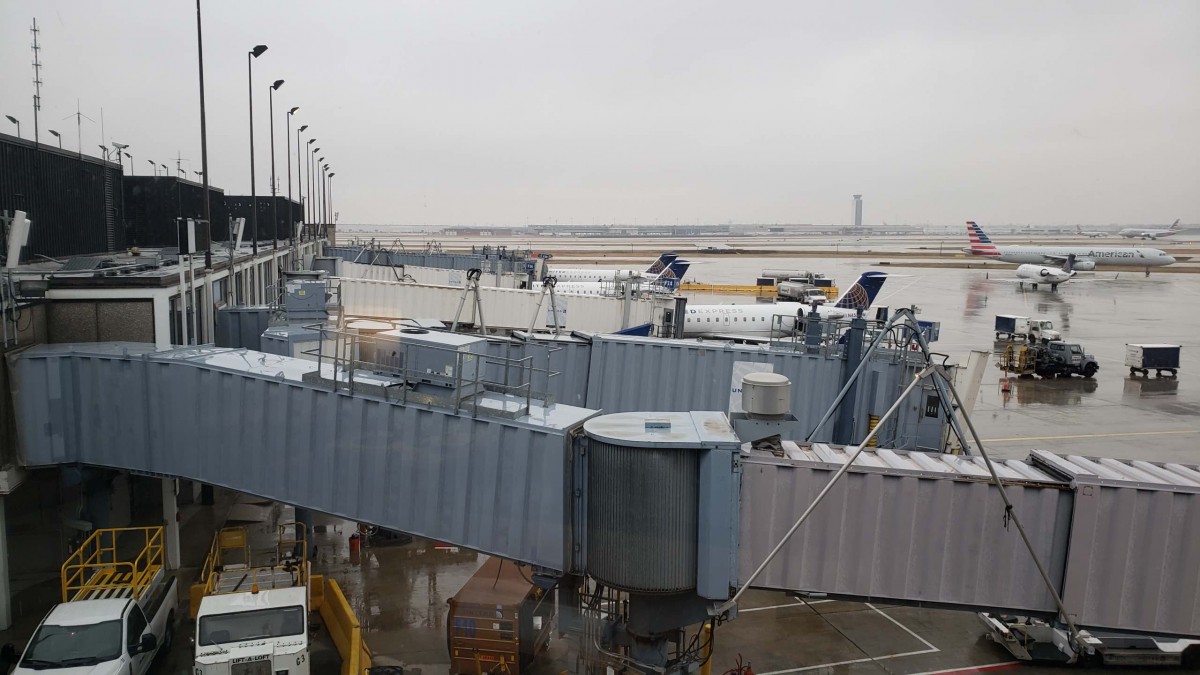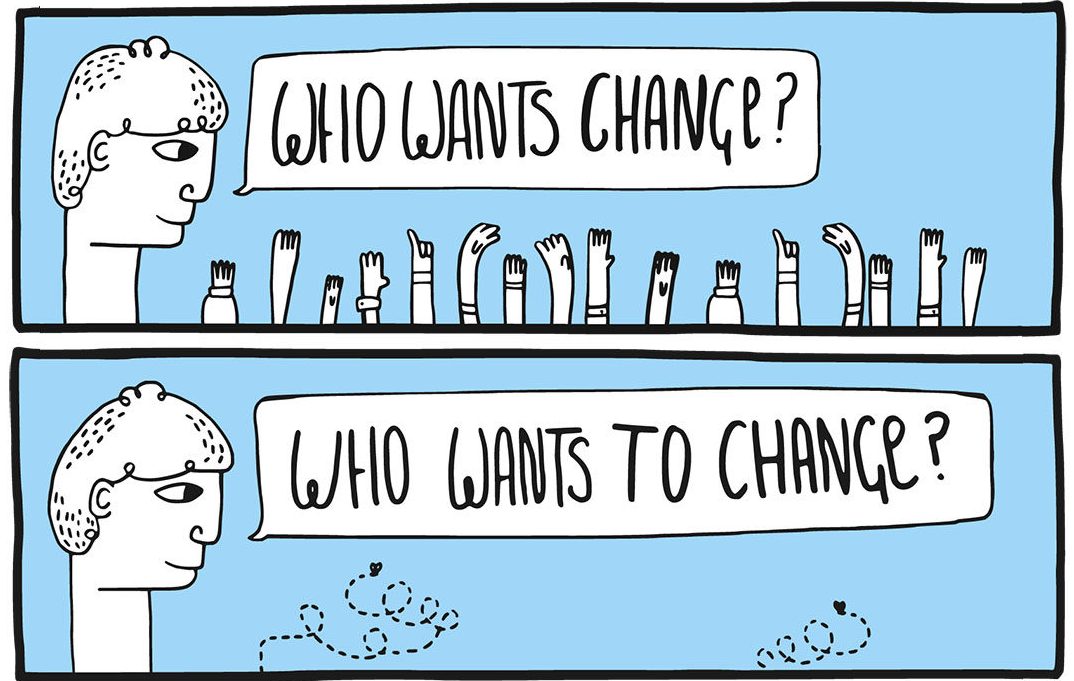Getting rid of bags early on in the passenger journey makes a lot of sense. When designing terminals, airport planners budget in extra time and space for people traveling with luggage, since they’re slower and take up more room as they move. When I interview passengers, they tell me that carrying luggage is one of the most stressful aspects of flying: it’s heavy, and they’re worried that their belongings will get lost or stolen. That correlates with the findings of travel retail experts, who note that the more weighed down passengers feel by baggage, the less likely they are to shop at the airport.
Off-site check-in terminals are one way to help travelers deposit their luggage before they even arrive at the airport. Pop-up bag-drop facilities at festivals and trade fairs can also help airports manage the spikes in traffic that accompany such large events. Baggage pick-up services at the customer’s home or office, offered e.g. in London and Dubai, is another smart strategy. And over in the US, some forward-thinking airports are partnering with ride-hailing apps, installing bag-tag printers inside the vehicles that passengers use to travel to the airport.
Thinking way outside the box, some of us in the industry are wondering if passengers really need to fly together with their luggage on the same plane. Couldn’t bags be transported more efficiently by, say, FedEx? Doing so would give passengers greater ability to track the whereabouts of their belongings, and greater choice of pick-up and drop-off points. But it would also have major consequences for the airline revenue model, and for the way we design the arrival experience. Could baggage carrousels become a thing of the past?
The takeaway: smart airports are rethinking how passengers travel with their luggage, and are outsourcing bag drop-off, transfer, and delivery through a variety of creative approaches. These industry leaders develop solid partnerships and innovative profit-sharing models between airports, airlines, ground handlers, and local transport operators.





